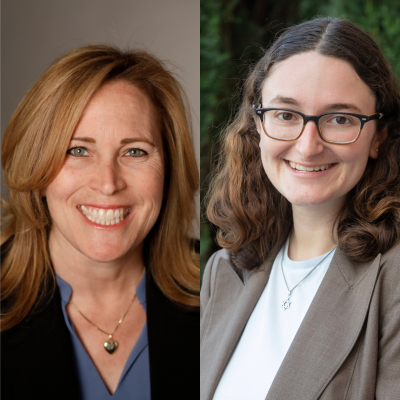A number of years ago, I started buying signs from homeless people to decorate the walls of my sukkah. I have displayed them in my sukkah ever since. It was part of my tzedakah for the High Holy Days and conveyed an essential aspect of Sukkot for my guests. After all, the sukkah is a fragile, temporary dwelling. We build a sukkah after Yom Kippur to use our hands productively after ten days of examining our souls. By building a fragile and temporary dwelling, we open ourselves to gratitude for what we have. By including messages from people who do not have the privilege of permanent housing, I hope to cultivate the empathy and ensuing activism needed to live a Jewish life.
Sukkot reminds us that everyone deserves to have a home. And questions abound: How can we feast in a temporary shelter without raising our awareness about the devastating ubiquity of homelessness? What does it mean for a modern society to abandon so many citizens to the vulnerability of the streets? Isn’t housing a human right? Who is responsible for the tragic LGBTQ+ youth who are kicked out of their homes by their own families? How do we care for the growing number of elderly people who did not expect to live this long and ran out of funds for shelter? If we can look through the incomplete walls of our sukkah and see our home, how can we truly remind ourselves of the feeling of not having a home? How do we enjoy a meal in the sukkah without considering global displacement and suffering? And what does it mean when nations make themselves at home at the expense of prior residents? Is colonialism the opposite of the hospitality that the sukkah represents?
Find more commentaries on Sukkot.
Furthermore, with Israel ripping itself apart at the seams from the inevitable social eruption following over 50 years of occupation, what does it mean to think about the fragility of the sukkah relative to the fragility of our homeland? Zionism is the radical idea that the Jewish people have the right to live somewhere, while Palestinian nationalism is a similar idea that the Palestinian people have the right to live somewhere. The Jewish people have an ancient claim on the same land that the Palestinians claim as their home. Fragility, vulnerability, yearning for home, praying for shelter, and permanence.
We all feel an urge to put down roots in our homeland. Sukkot is about uprooting ourselves in order to appreciate our roots. When we leave the shelter of the walls we’ve built for comfort and protection, we expose ourselves to the elements. By allowing ourselves to feel the discomfort of exposure, we get the opportunity to see the world from a different perspective. It would be easier to celebrate Sukkot as a glorified, extended picnic where we enjoy the outdoors with our loved ones and return to our warm beds to sleep. But that is not the point of Sukkot. We should expose ourselves to the vulnerability in the world, both on our local streets and in our global community.
My favorite sign that I purchased from a brilliant and creative person experiencing homelessness and which has been displayed in my sukkah every year since reads, “Broke Not Broken.” I understand him saying that while he may not have a home, he is still whole. Homeless but not shattered. Unrooted but still aspiring. Wandering but still hopeful.
Was that not our story for 2,000 years, since the destruction of the Second Temple in the year 70 CE catapulted us into millennia as nomads, with shoes under our pillows? We ran away, we ran towards, but we never felt completely at home. From Egypt, from Spain, from Poland, from Germany, toward Israel, toward the Goldena Medina, America! America!
Find more commentaries on Housing Justice.
Perhaps Sukkot is the festival of understanding our journey, for journeys have no concrete and steel foundations, only earth and sandy feet. And the yearning that should come out of this collective memory must be a passionate commitment to end homelessness everywhere, physical, spiritual, or national.
The lulav and etrog, which we wave inside of the sukkah, represent four species of nature. As natural products, they remind us that the Earth belongs to all of us. Each body of water, every mountain, rock and river, the air in our atmosphere belongs, in spirit, to everyone. Thus, when we wave the lulav and etrog in every direction, we look beyond the sukkah and beyond the safety of our own dwelling places to a future when all will dwell at home.
Rabbi Karen Bender has served since 2014 as Chief Mission Officer at Los Angeles Jewish Health, previously known as the LA Jewish Home. Samantha Thal is a fifth year rabbinical student at HUC-JIR at the LA campus. This year she is a Rabbinic Intern at Congregation Or Ami in Calabasas, CA.


